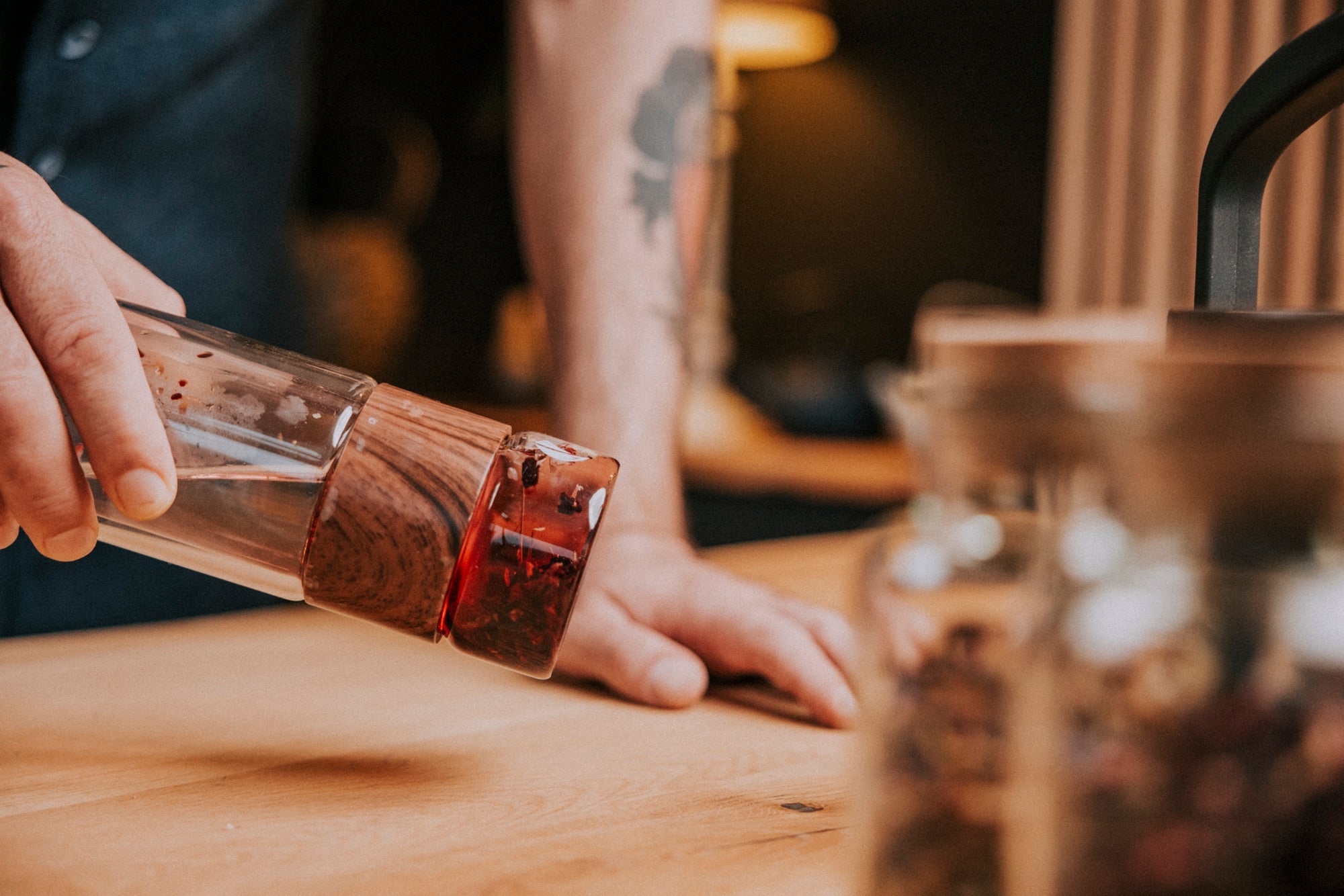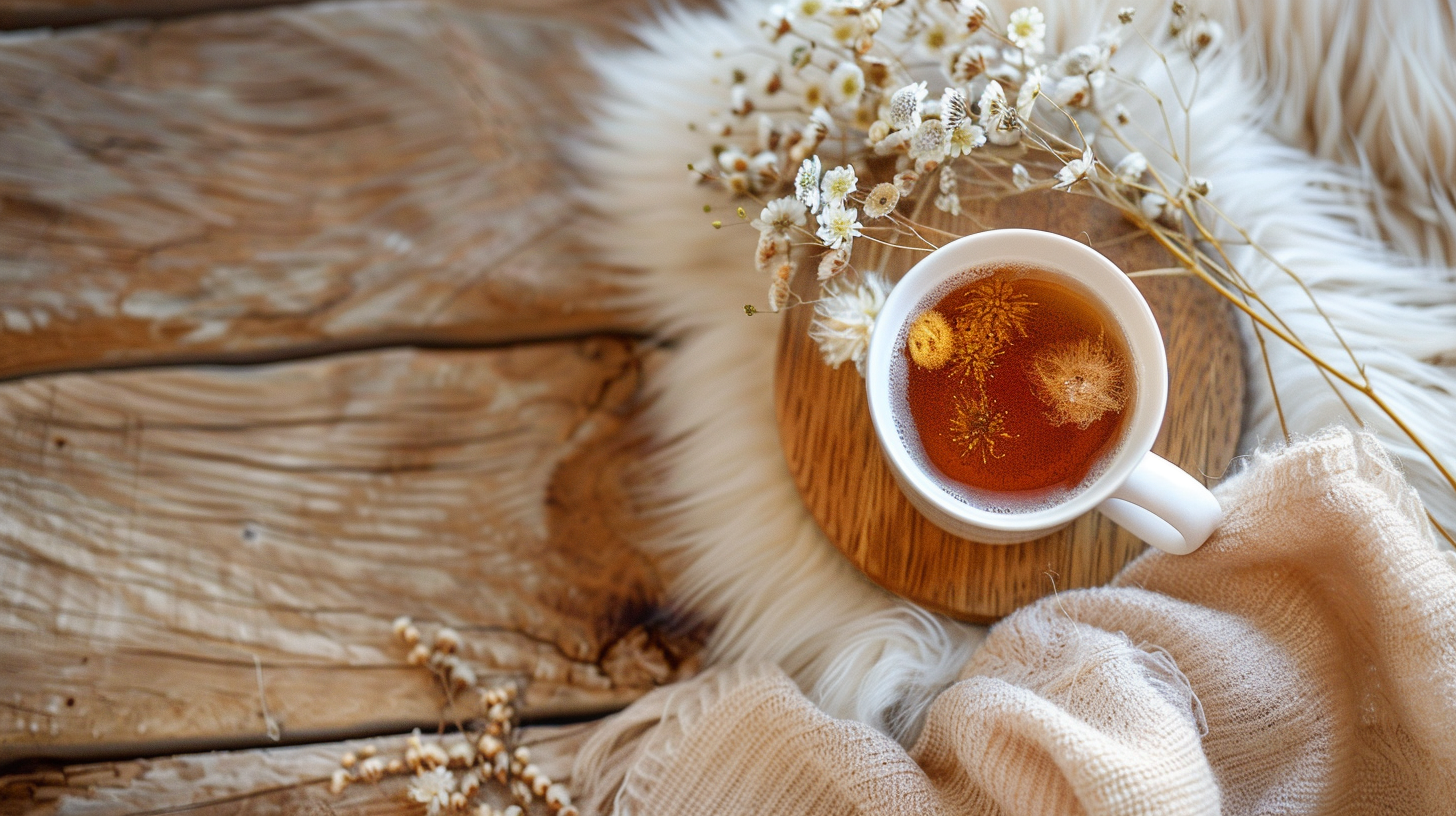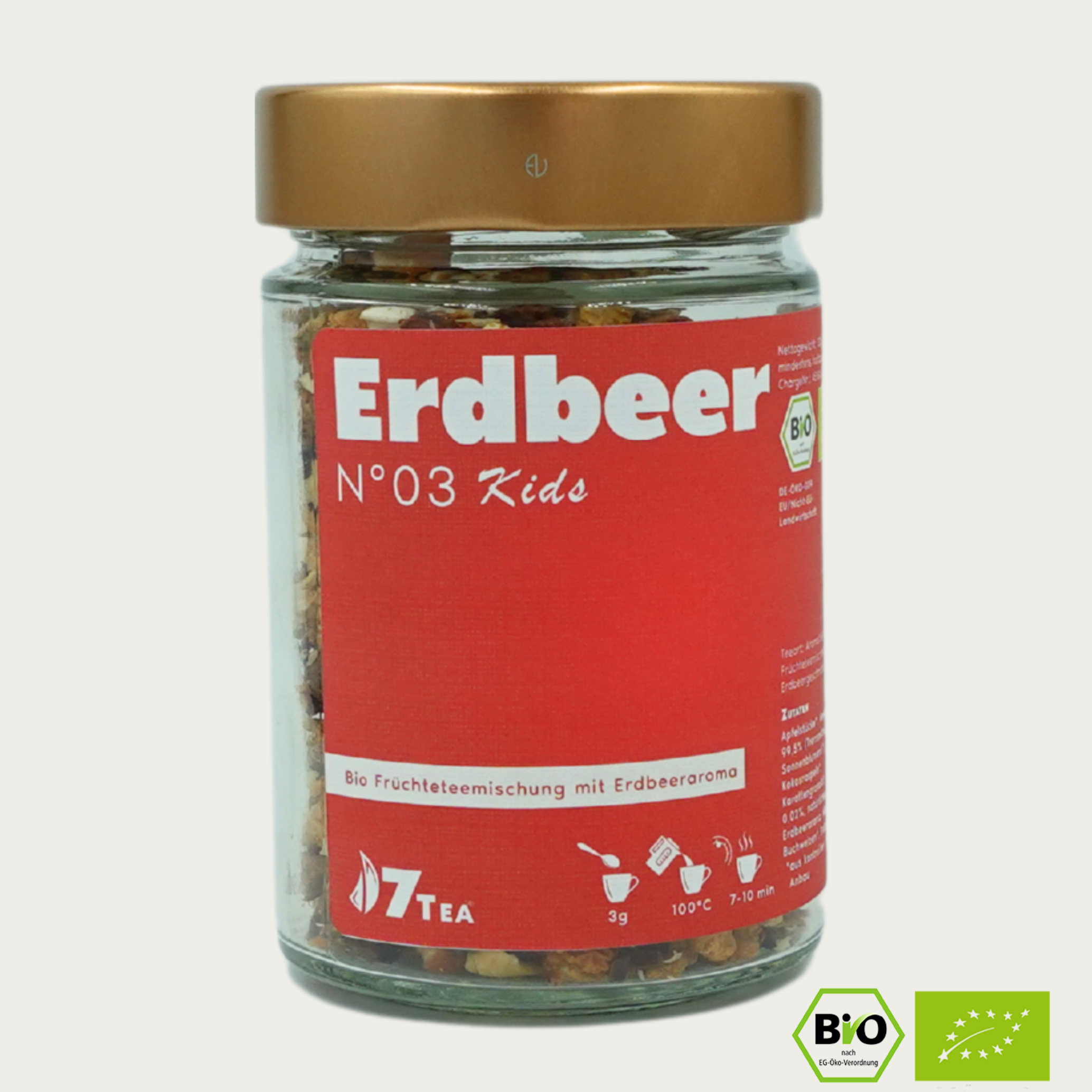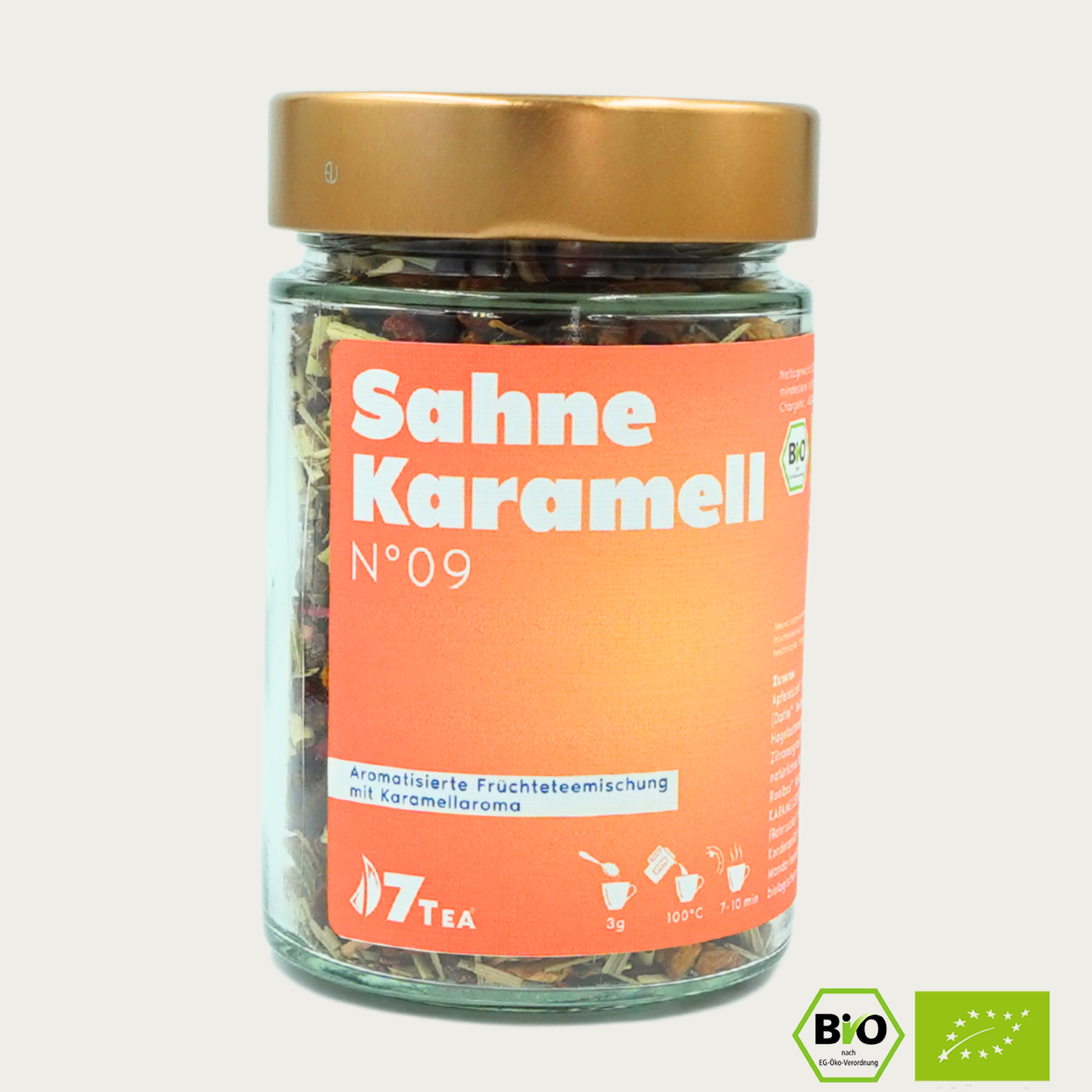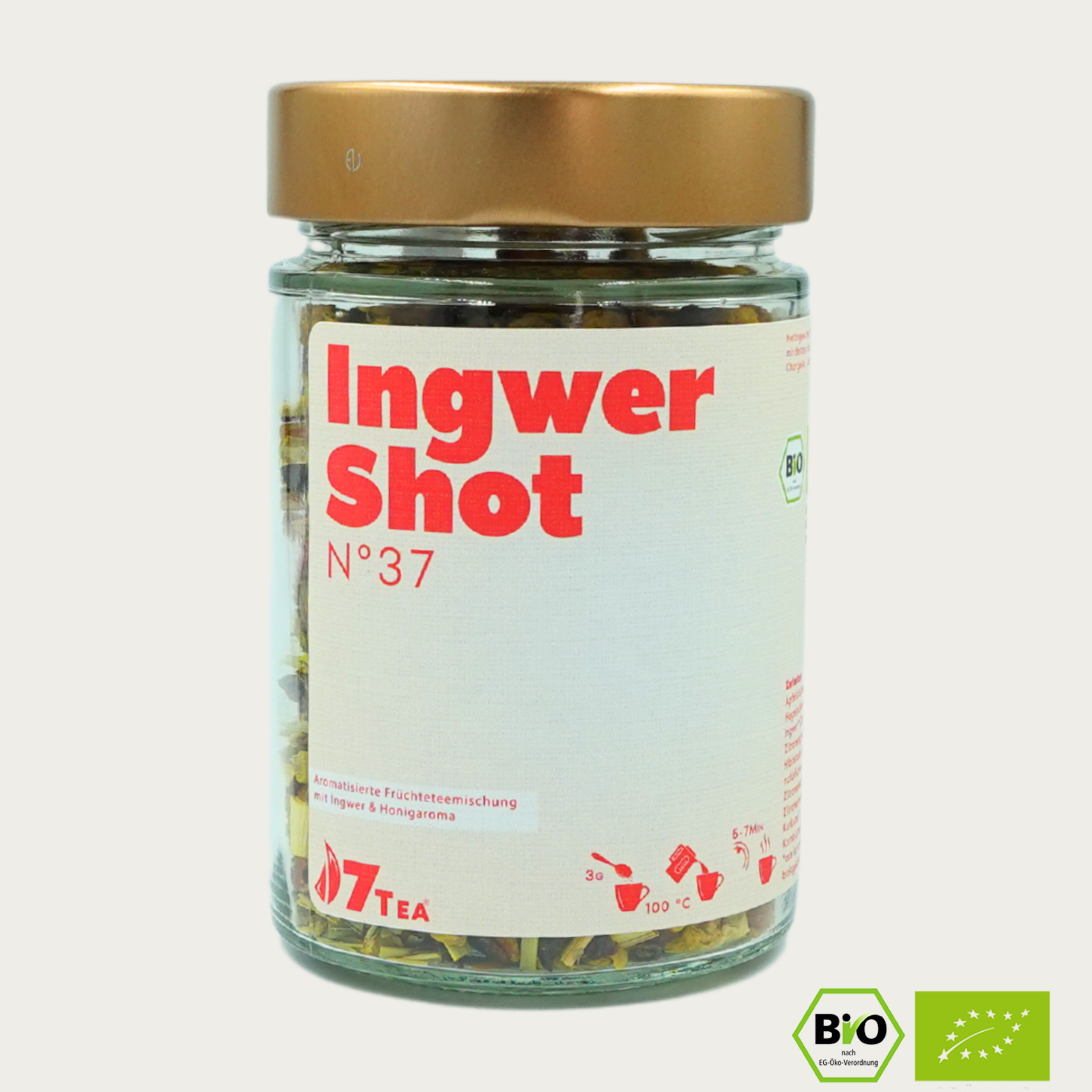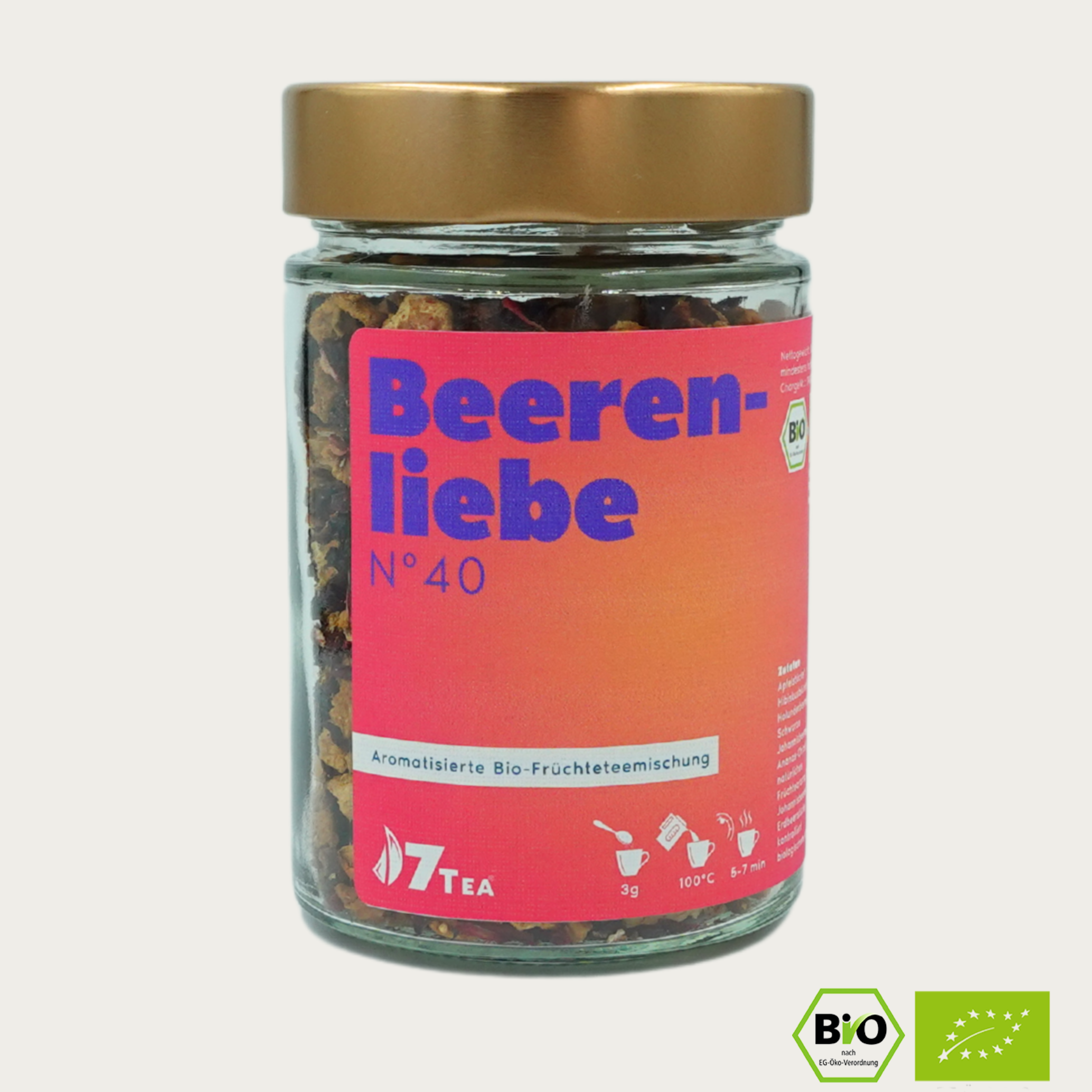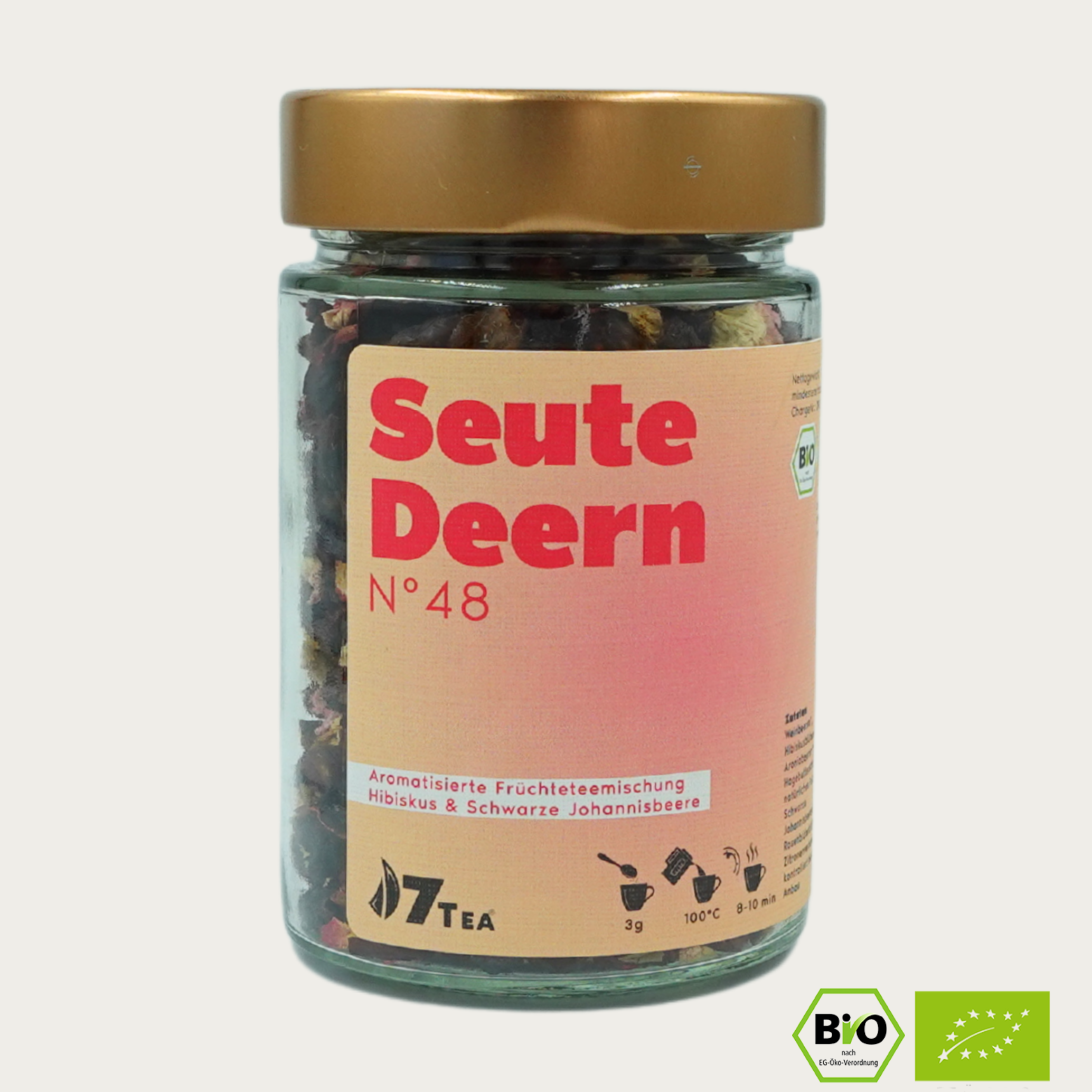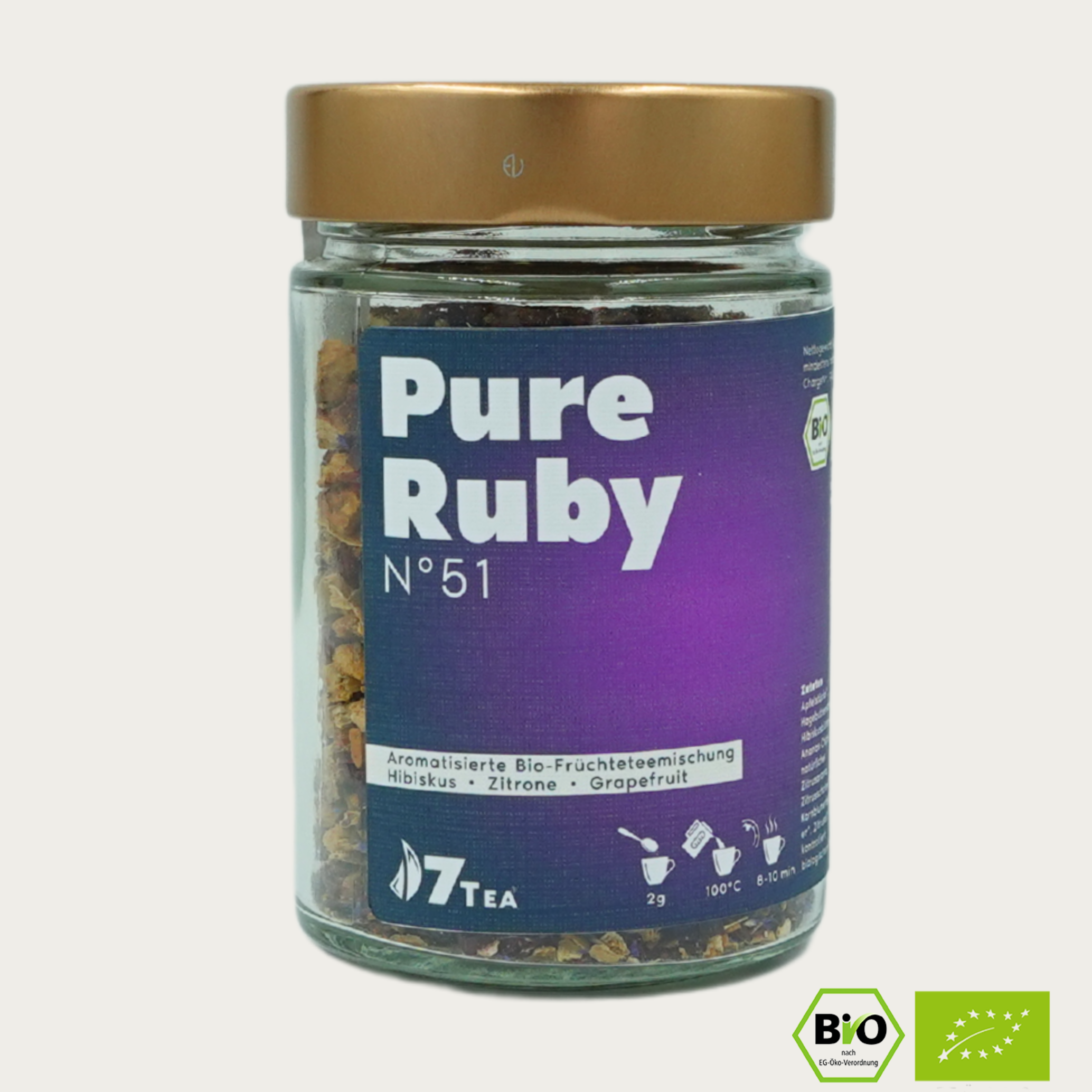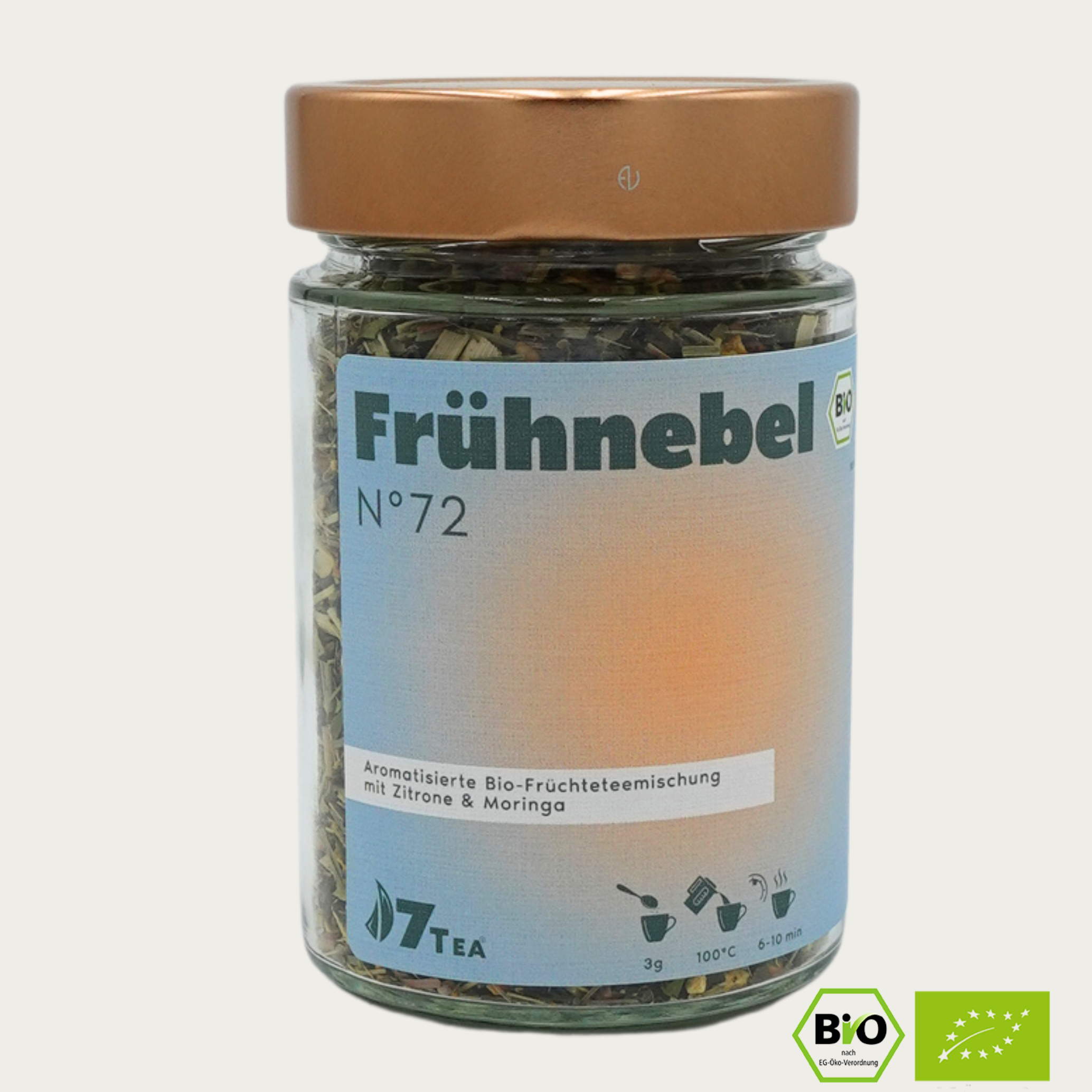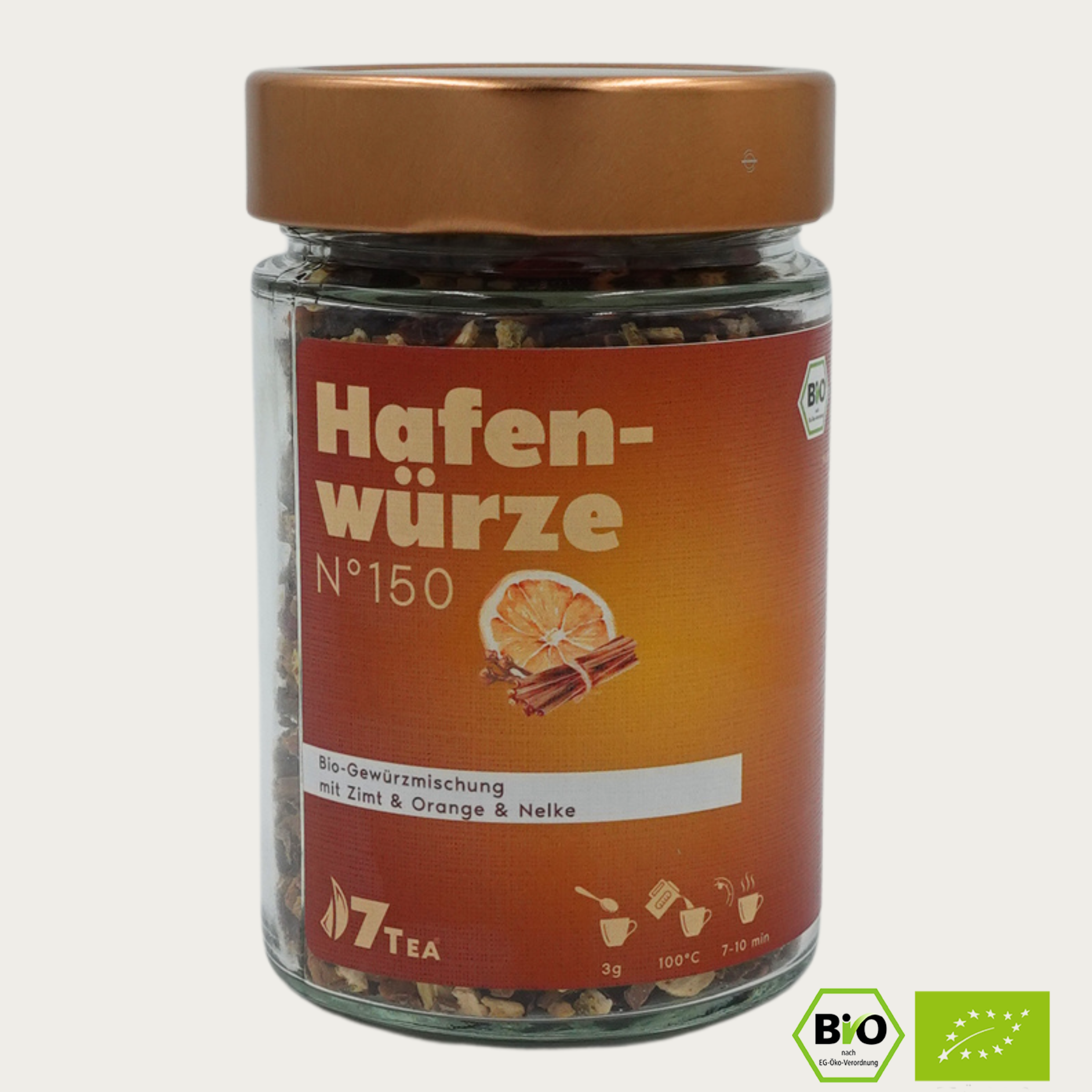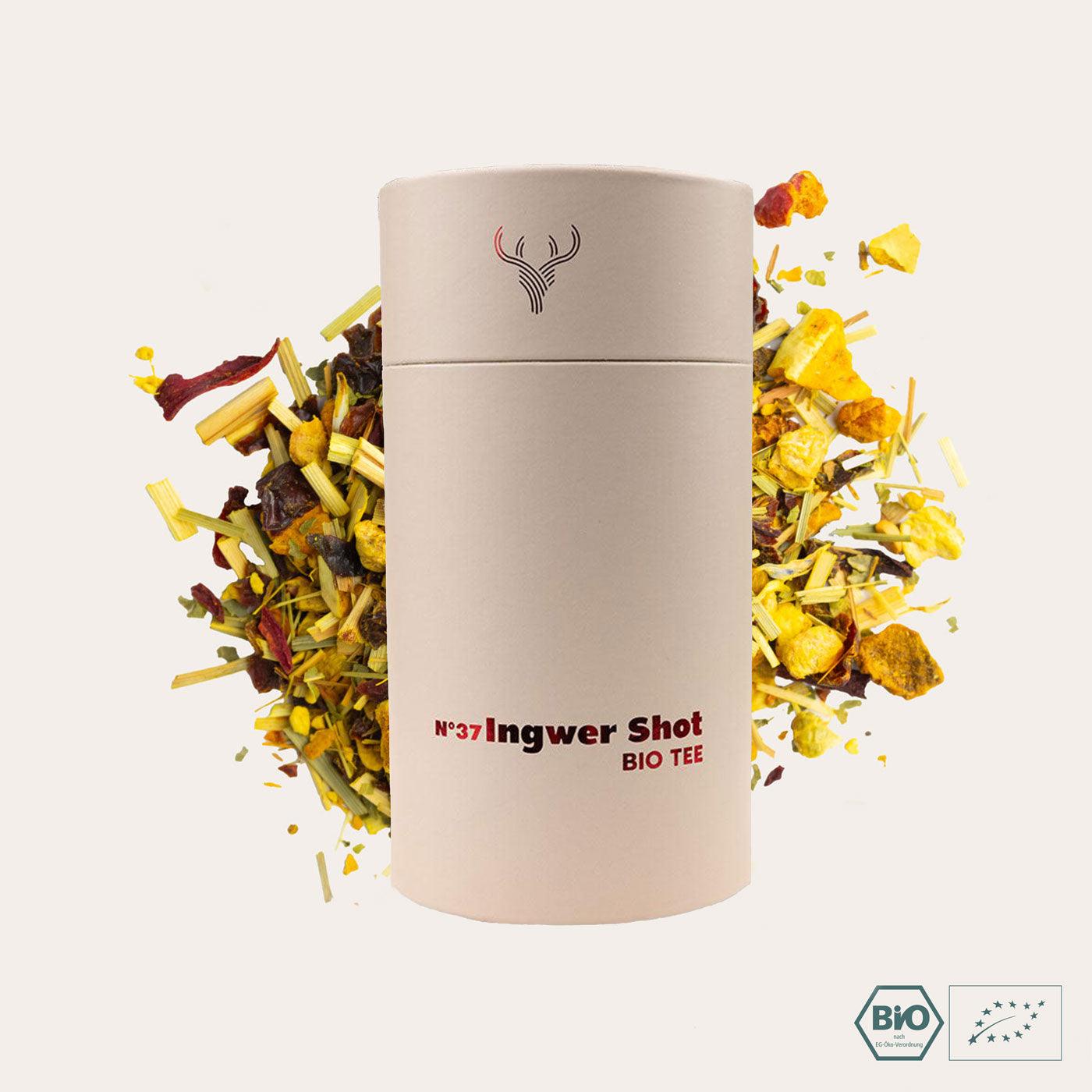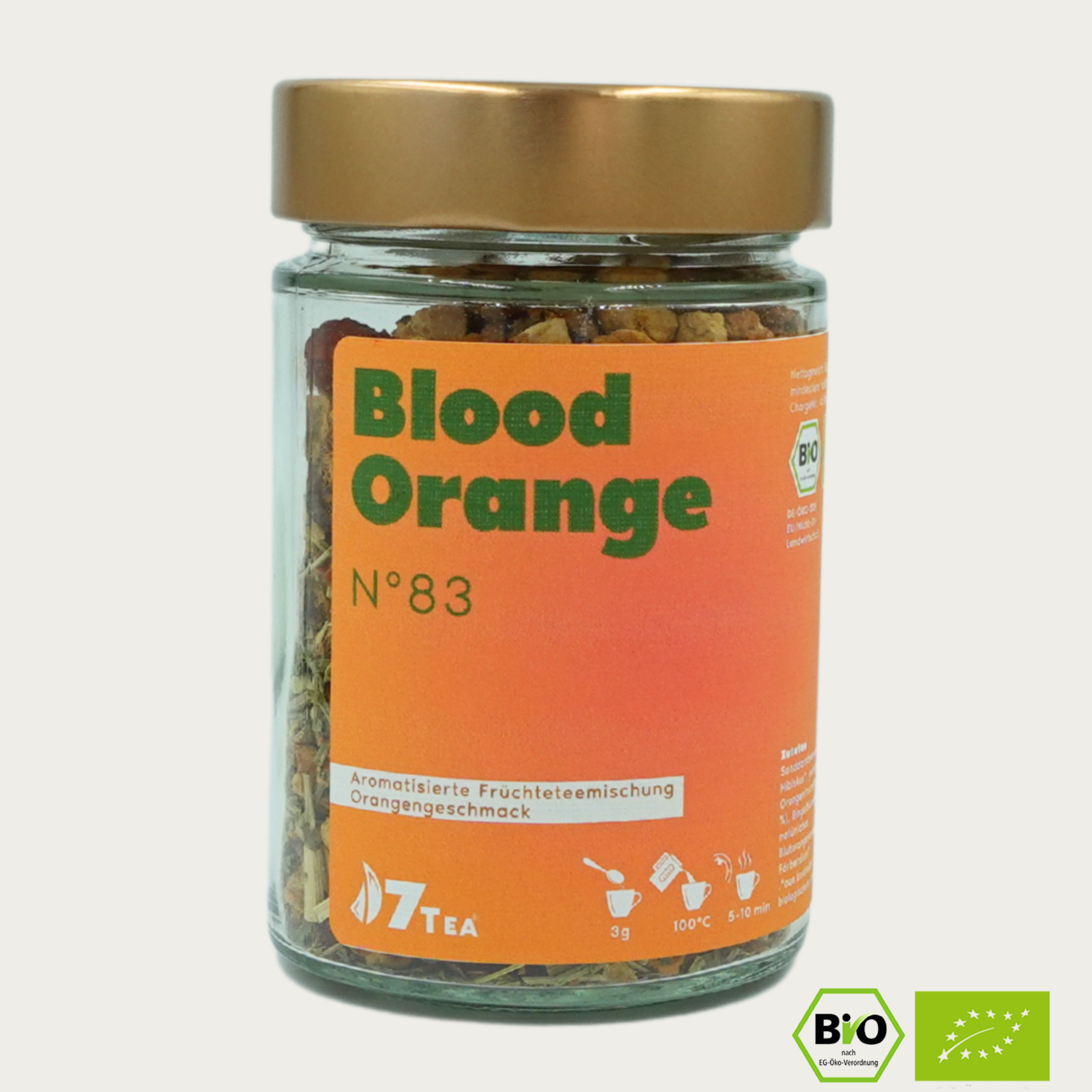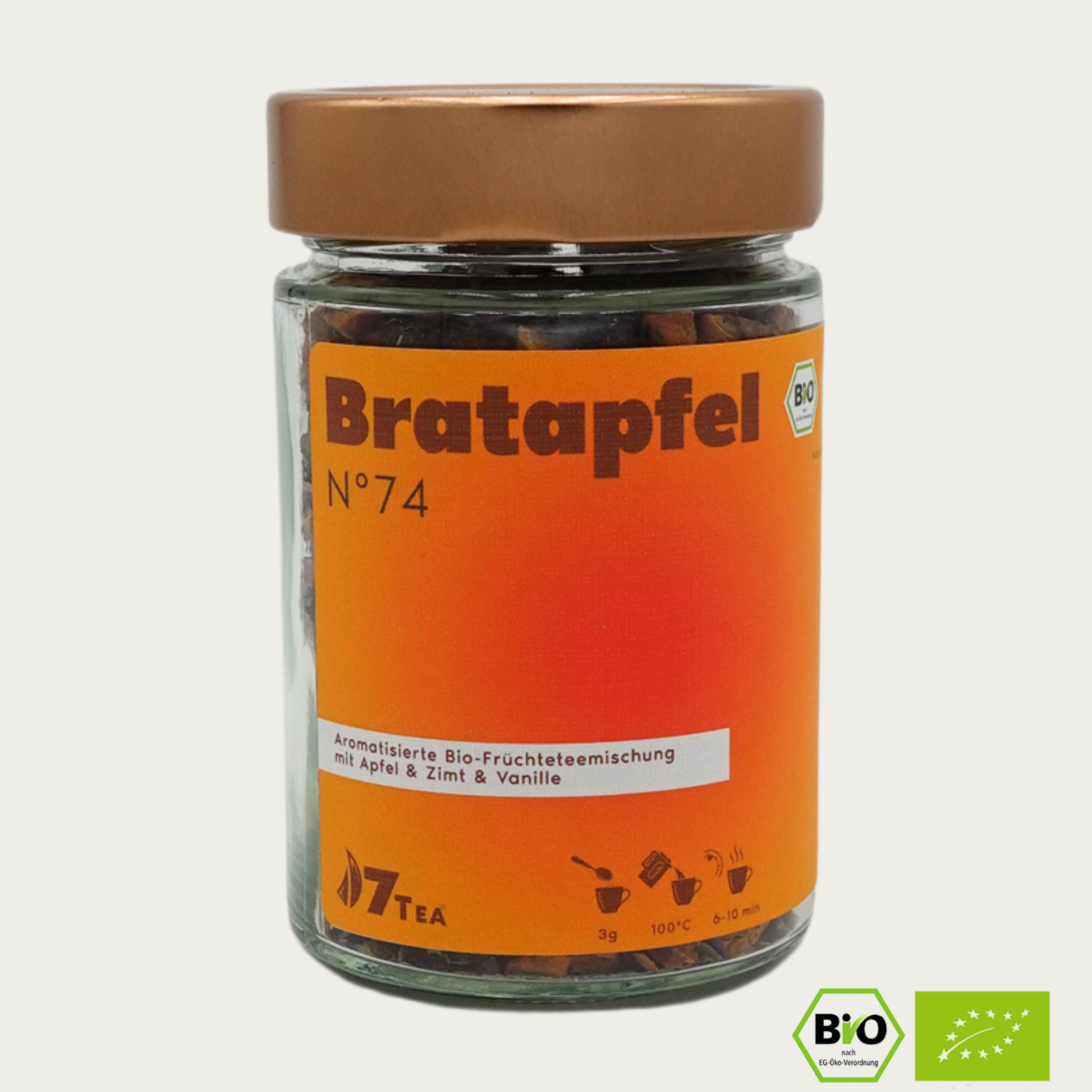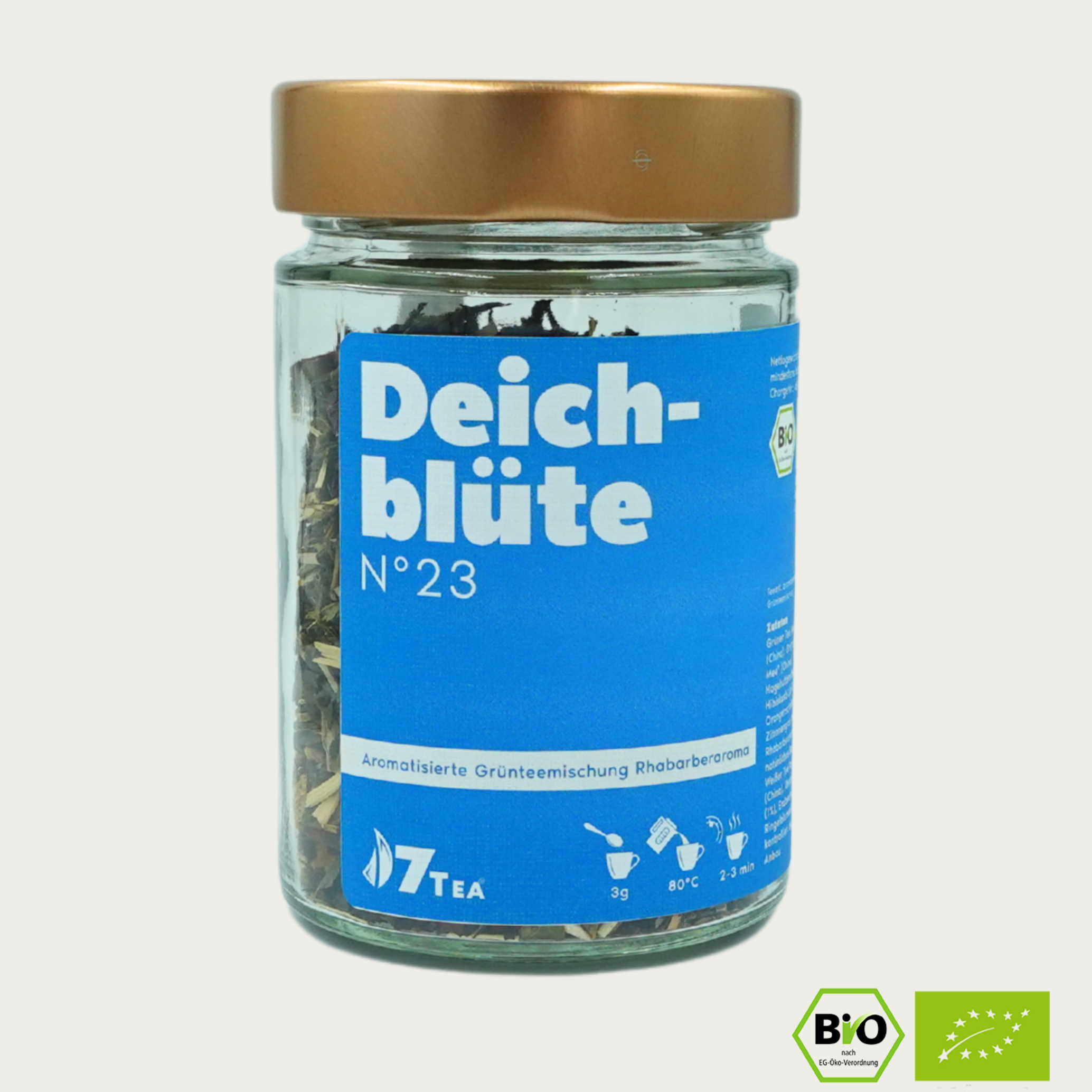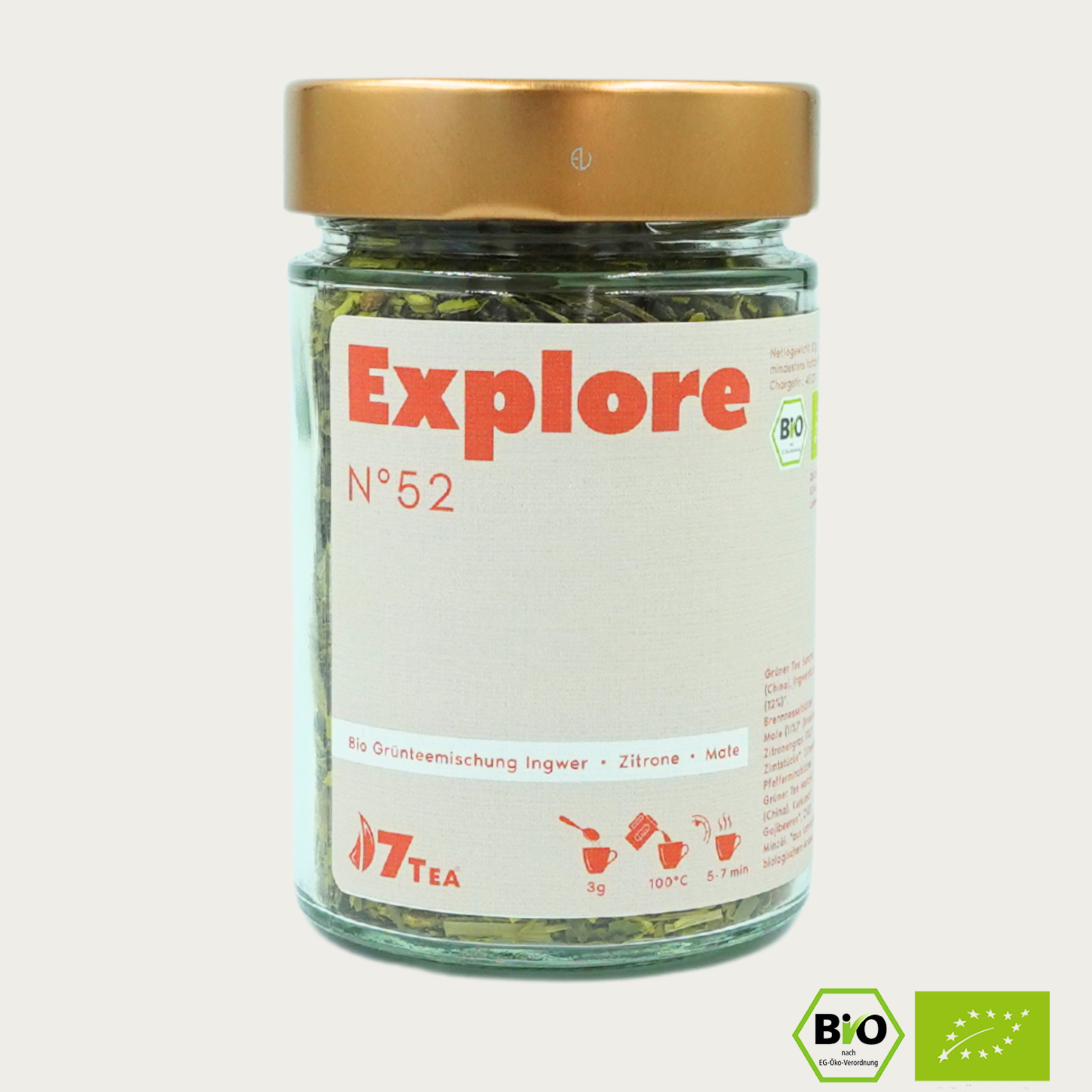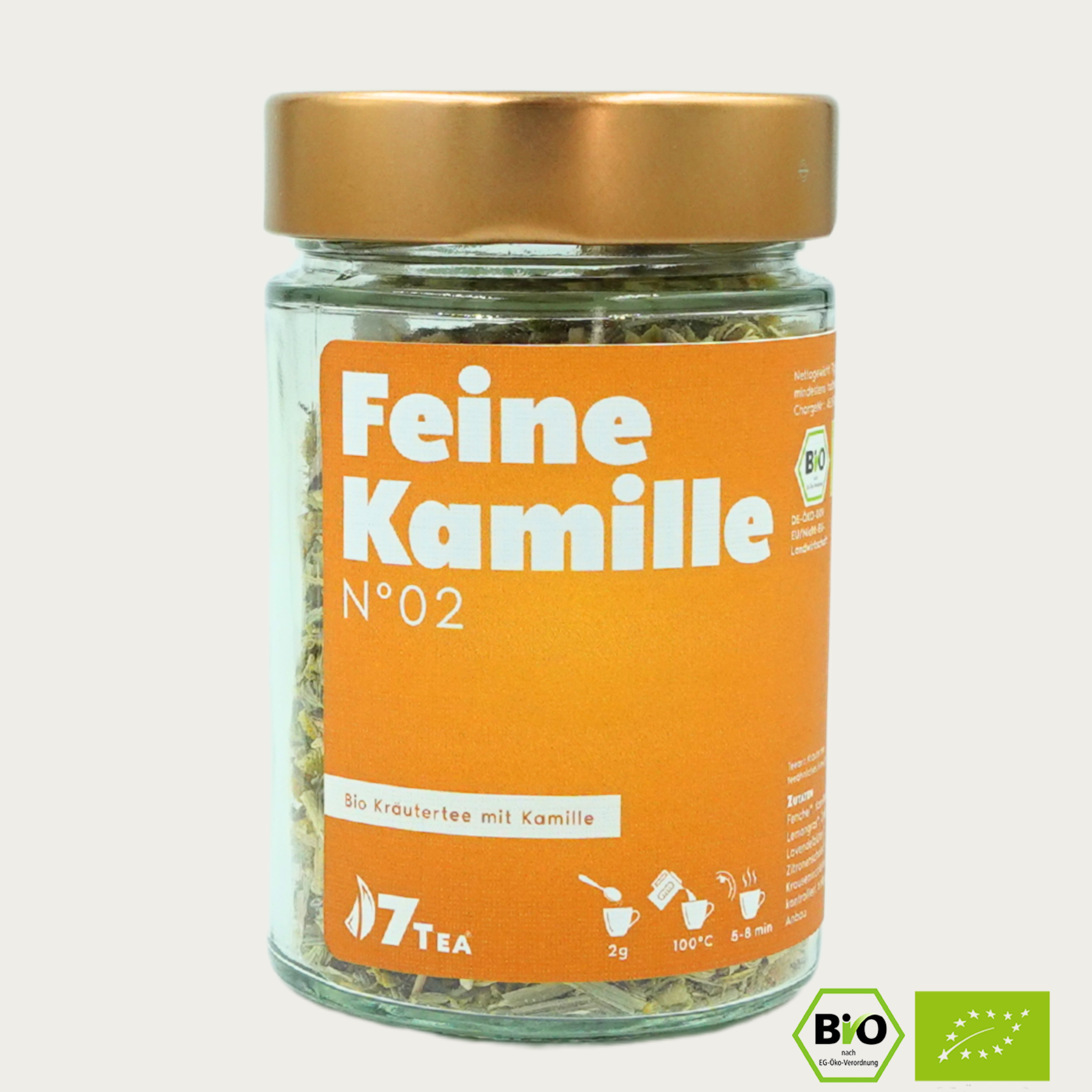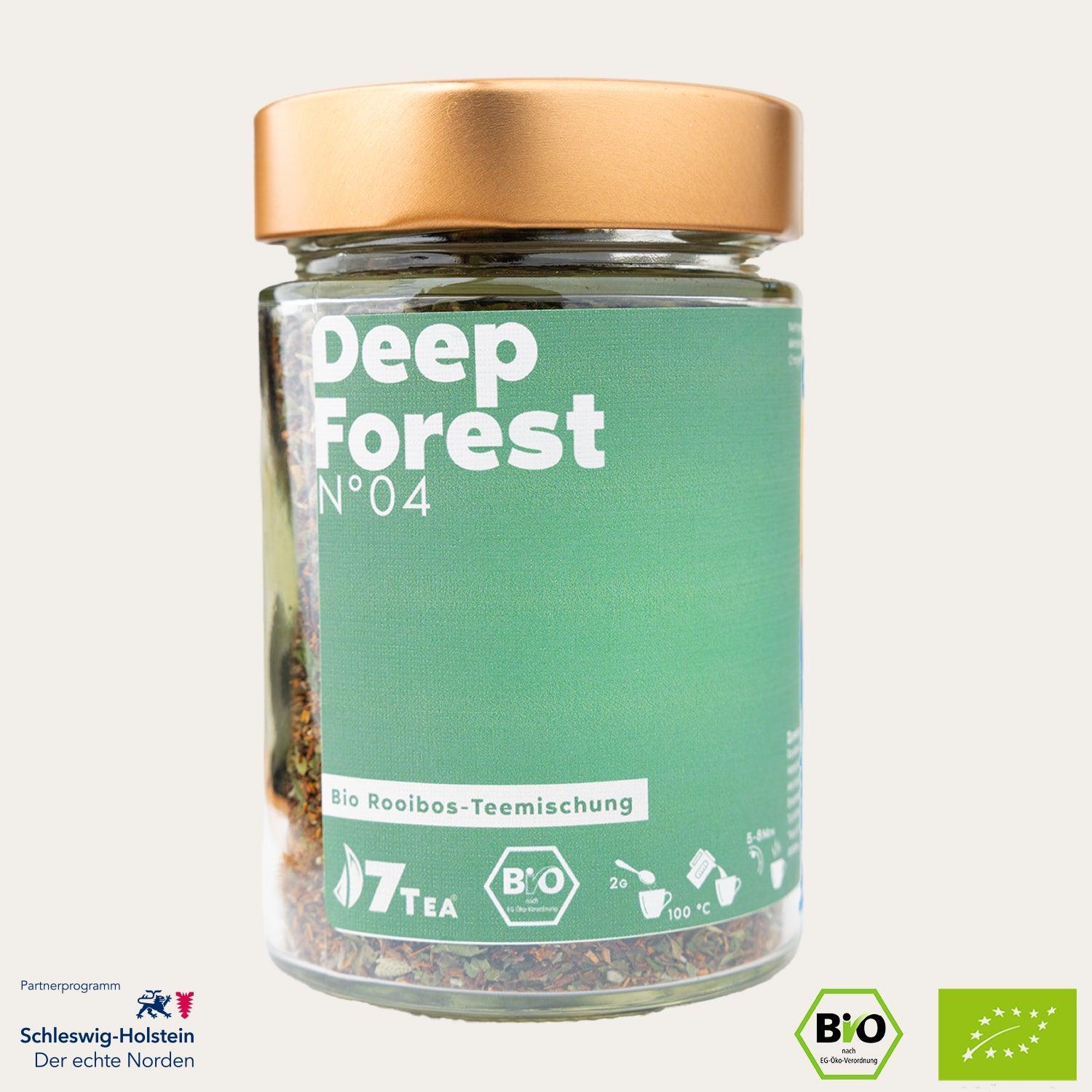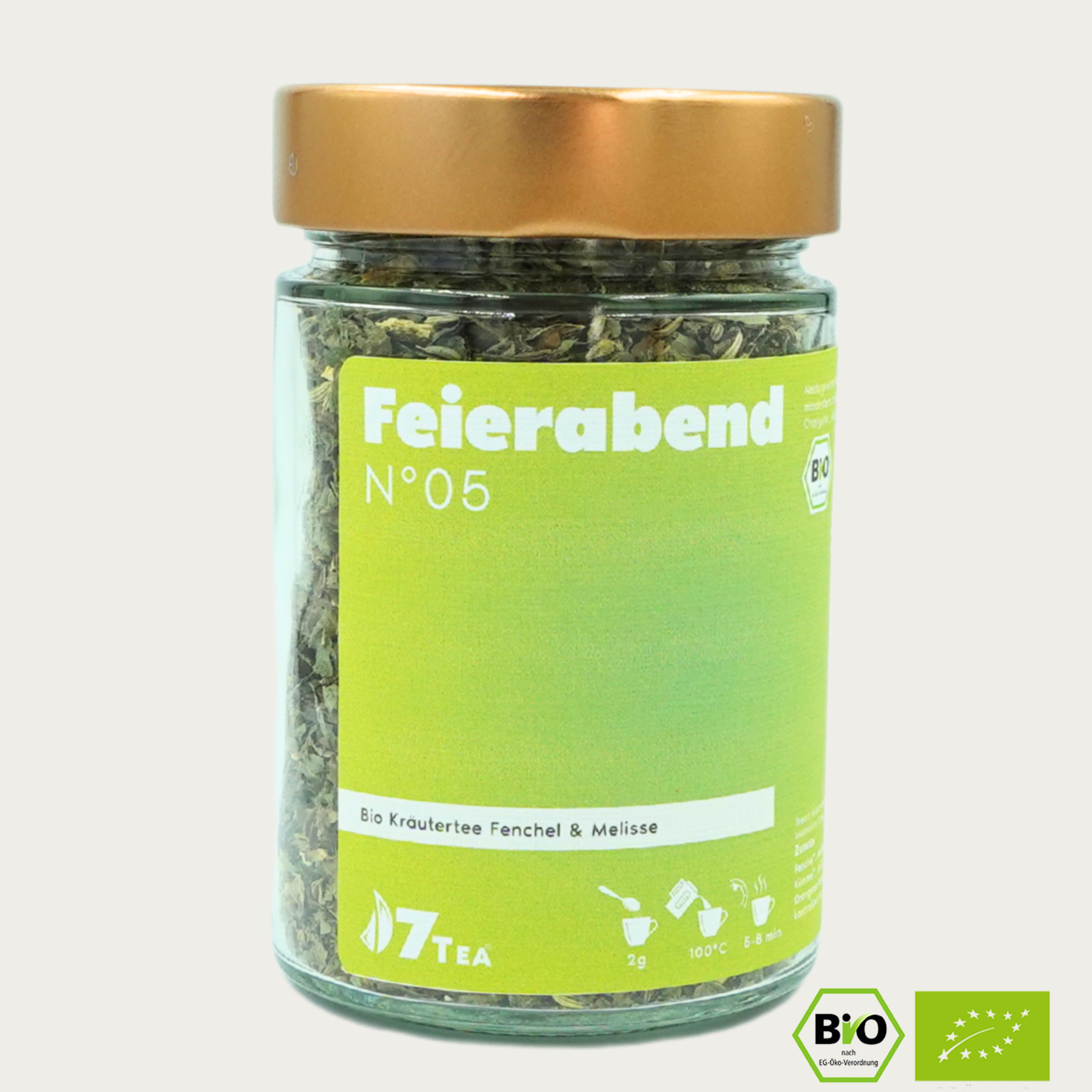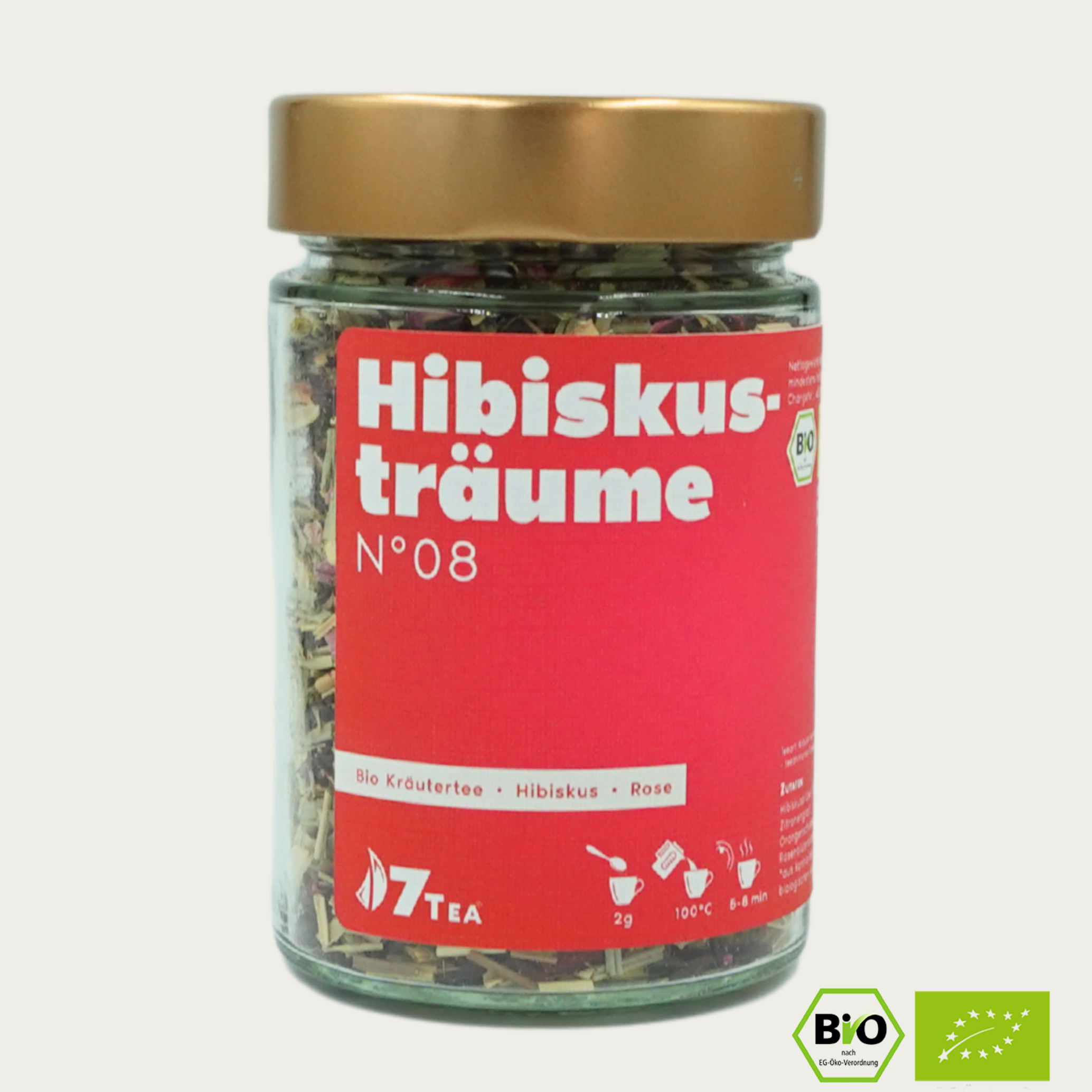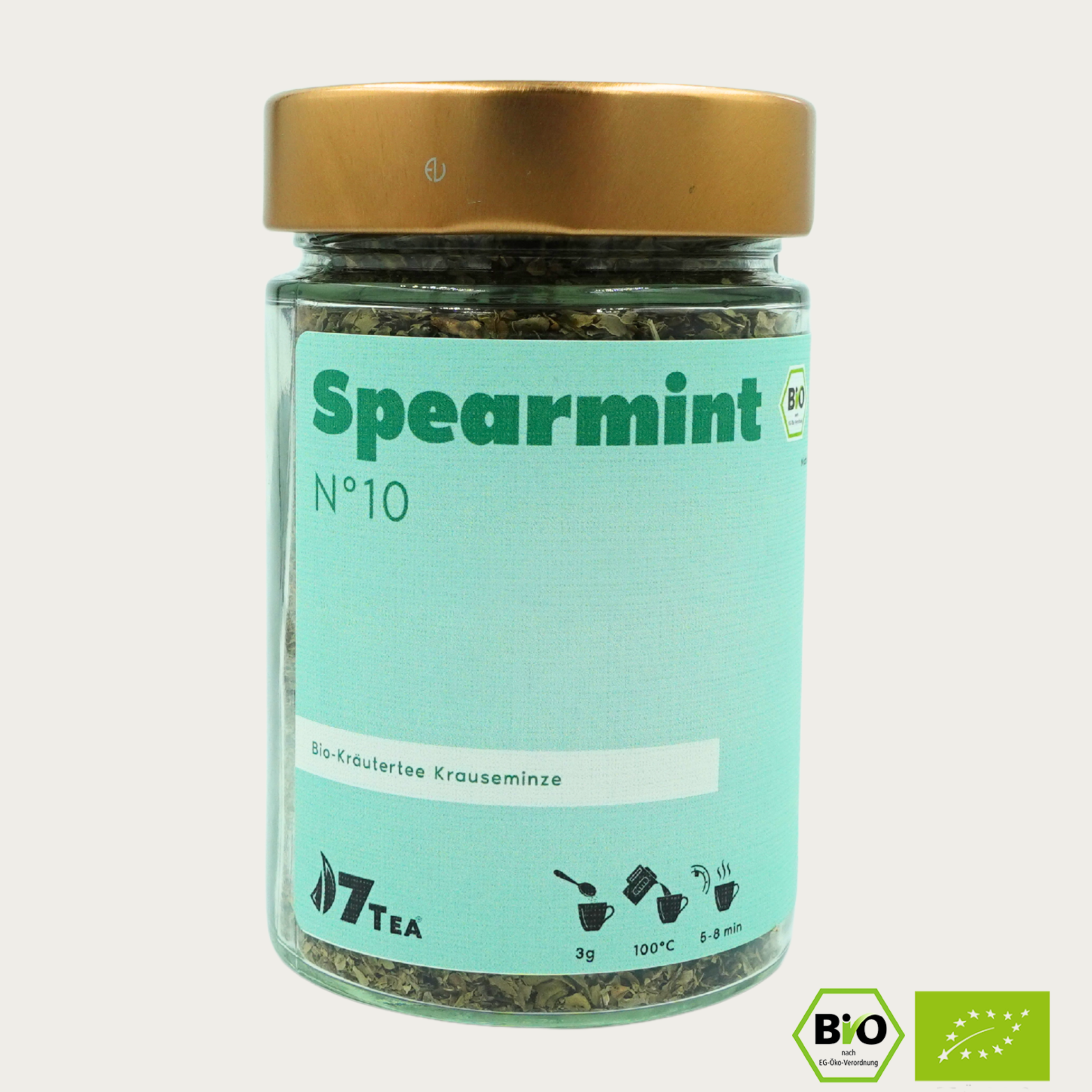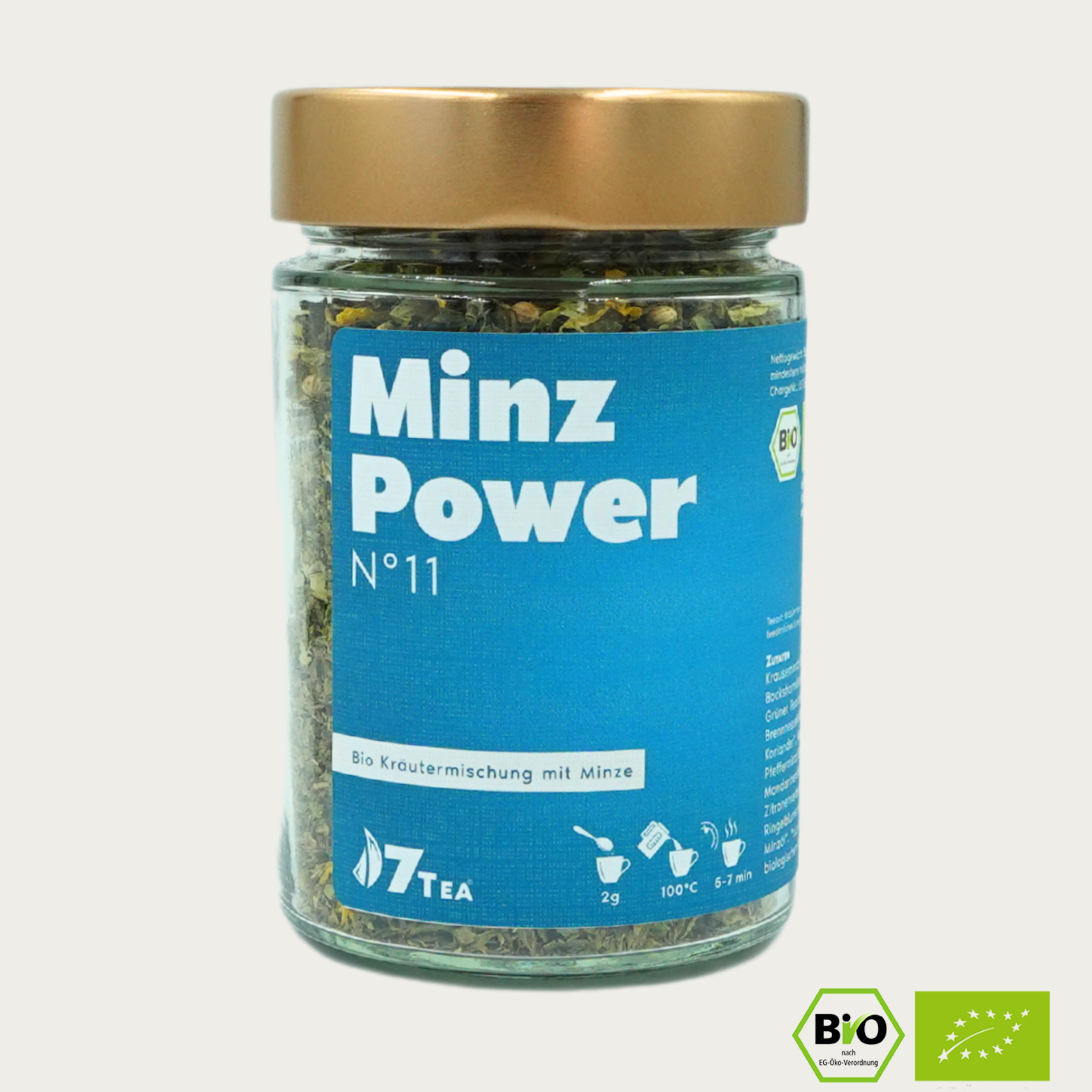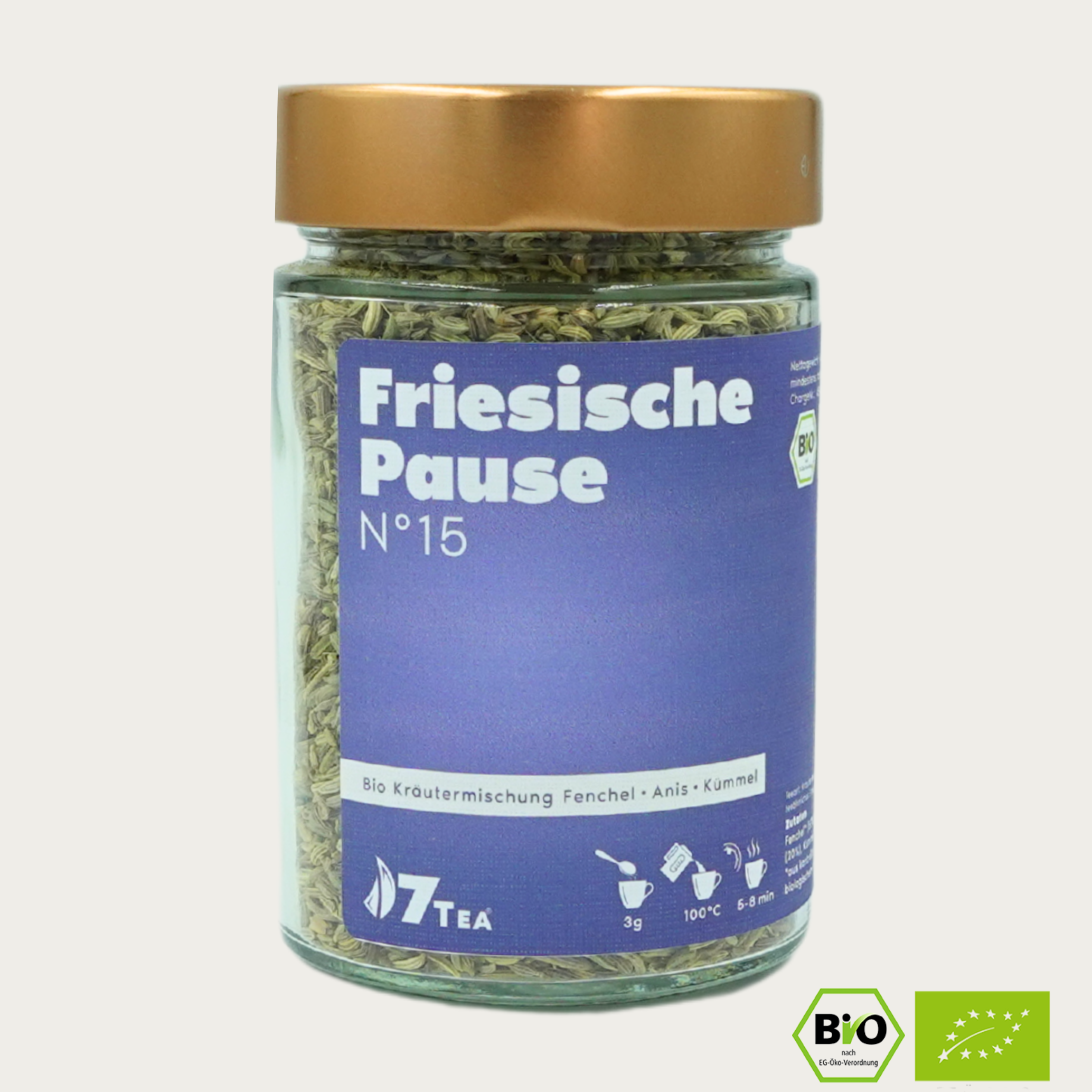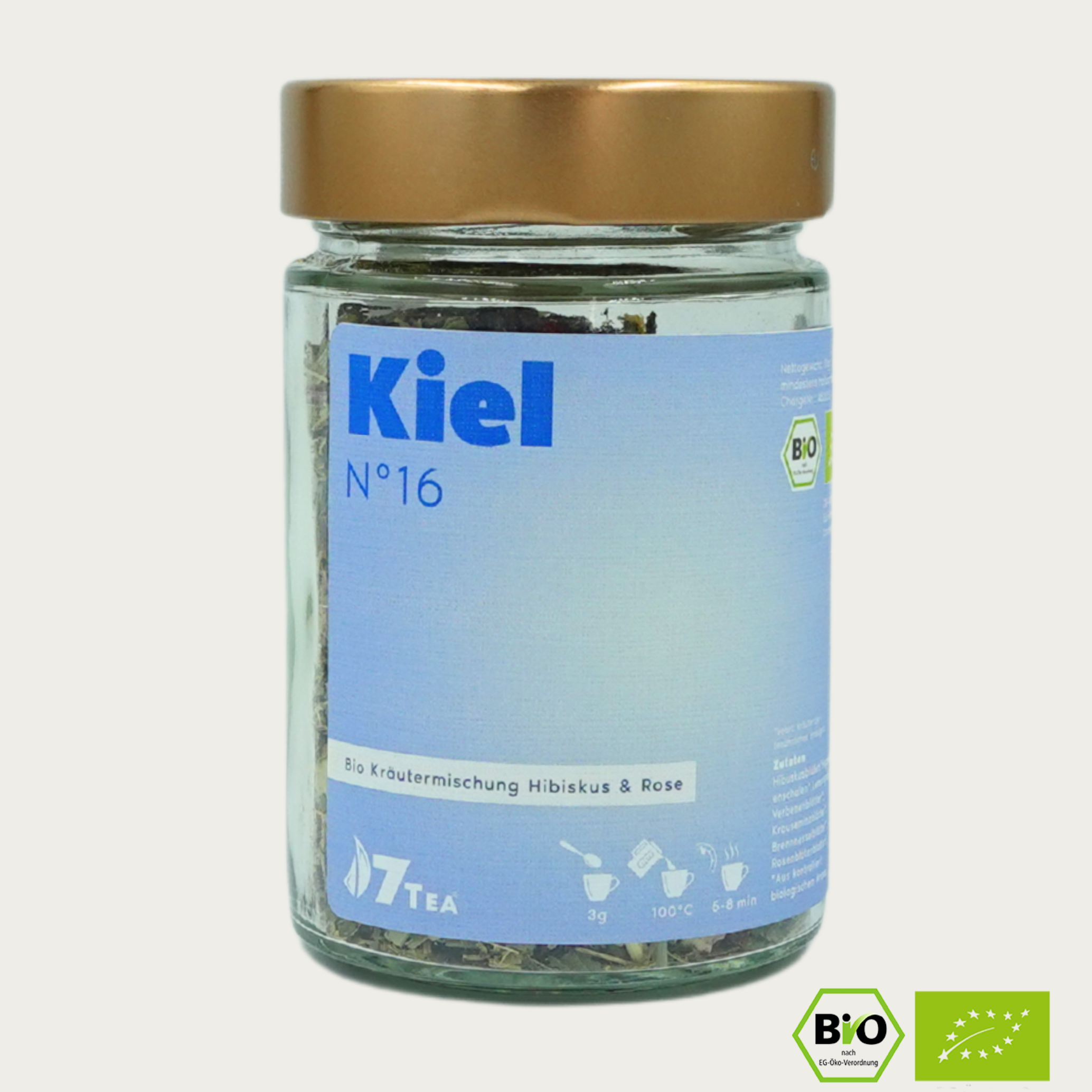Be careful with tea during pregnancy: A focus on fennel and chamomile
Table of contents:
- Introduction
- Tea in Pregnancy: An Overview
- Fennel tea: concerns and recommendations
- Chamomile tea: precautions
- Other Teas to Avoid
- Safe alternatives
- Final Thoughts
Introduction
Pregnancy is a time when many women pay particular attention to their diet and drink choices. This blog highlights which teas to avoid during pregnancy, particularly fennel and chamomile.
Tea in Pregnancy: An Overview
While some types of tea are considered safe during pregnancy, there are others whose consumption should be limited or avoided. These often include teas with a high caffeine content or those that contain certain herbs.
Fennel tea: concerns and recommendations
Fennel tea is often valued for its antispasmodic and digestive properties. However, new studies suggest that consuming fennel tea
should be restricted during pregnancy due to potential effects on the fetus. It is recommended to moderate your intake of fennel tea or discuss it with a doctor.
Chamomile tea: precautions
Although chamomile tea is often used for calming and relaxation, pregnant women should use caution as it could stimulate uterine contractions in high doses. Limited and controlled intake is recommended.
Other Teas to Avoid
- Hibiscus tea : May promote contractions.
- Green and black tea : High caffeine content can affect pregnancy.
- Certain herbal teas : Some contain ingredients that may be contraindicated in pregnancy.
Safe alternatives
Pregnant women should focus on safe alternatives, such as weak black or green tea, fruit teas, or herbal blends specifically formulated for pregnancy.
Final Thoughts
Choosing the right types of tea during pregnancy is crucial for the health of both mother and child. It is always advisable to consult a doctor before consuming certain types of tea.


